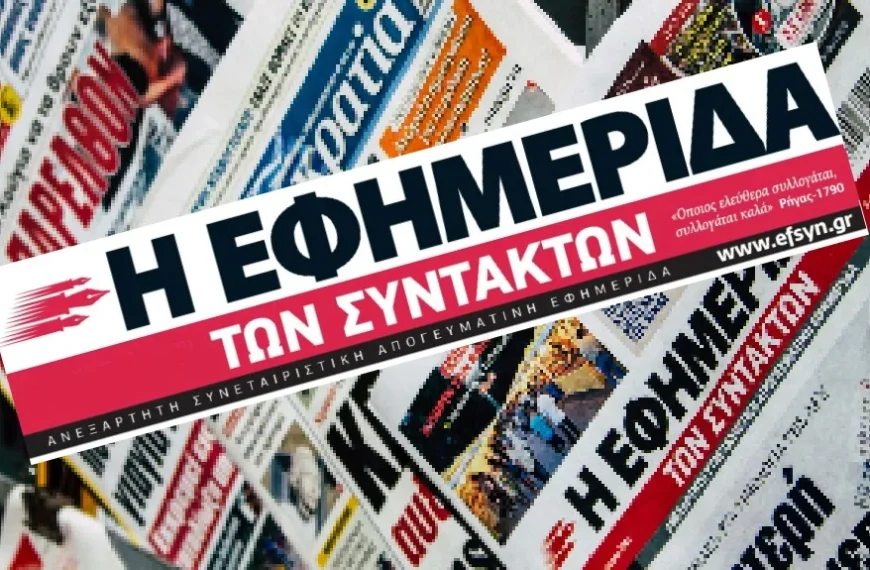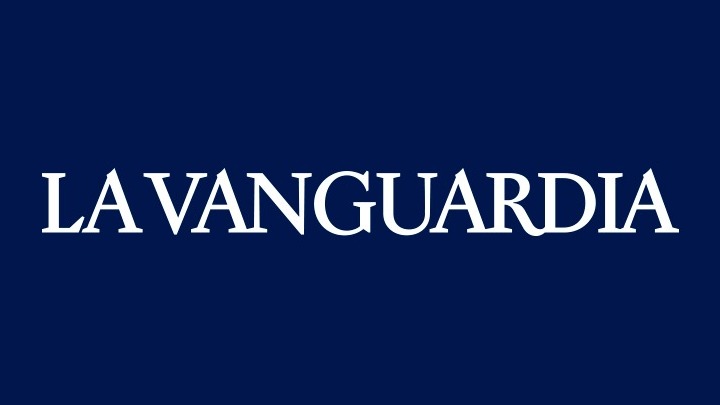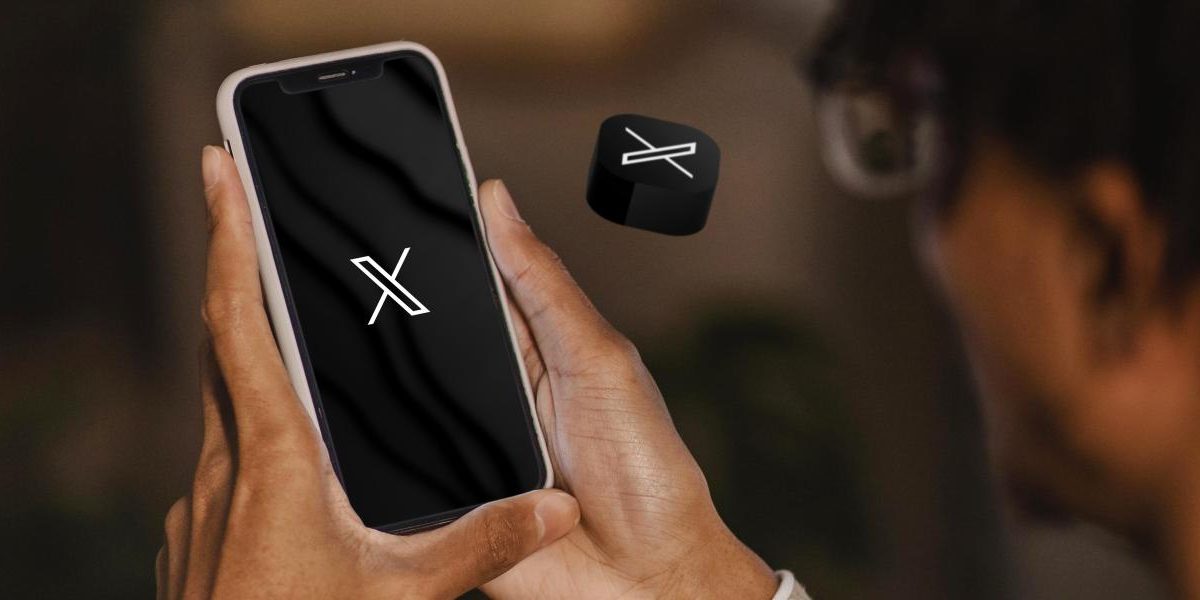Το πασίγνωστο κοινωνικό δίκτυο αποφάσισε να απαγορεύσει καθε είδους πολιτική διαφήμιση στην πλατφόρμα του παγκοσμίως από τις 22 Νοεμβρίου. Την ανακοίνωση έκανε ο Τζακ Ντόρσεϊ, εκ των ιδρυτών του Twitter, λέγοντας ότι η προώθηση τέτοιου είδους μηνυμάτων «πρέπει να κερδίζεται, όχι να αγοράζεται».
Μία εβδομάδα πριν αρχίσει να εφαρμόζεται η νέα πολιτική της εταιρίας, θα δοθούν στη δημοσιότητα περισσότερες λεπτομέρειες επί του θέματος, καθώς και οι εξαιρέσεις που θα ισχύσουν.
Στον απόηχο της ανακοίνωσης, η μετοχή του μέσου κοινωνικής δικτύωσης καταγράφει πτώση 2%, καθώς οι επενδυτές ανησυχούν ότι χάνει μία σημαντική πηγή εσόδων. Ωστόσο πολιτικοί αναλυτές σχολιάζουν την απόφαση θετικά.
Να σημειωθεί ότι η κίνηση αυτή έρχεται σε αντίθεση με τη στάση του Facebook, που έχει δεχθεί έντονη κριτική από βουλευτές, αλλά και από τους ίδιους τους εργαζομένους για την άρνησή του να αποσύρει πολιτικές διαφημίσεις, όπως και για την ανεπαρκή, όπως κρίνεται, δράση του απέναντι στη διάδοση των fake news με πολιτικά κίνητρα.
Πρόσφατα, ο ιδρυτής του Facebook, Μαρκ Ζάκερμπεργκ, τάχθηκε υπέρ της ύπαρξης πολιτικών διαφημίσεων στο Facebook, υποστηρίζοντας πως θα επιτρέπονται και στο μέλλον, χάριν της μεγαλύτερης έκφρασης.
Below is my statement calling on Facebook to ban political ads. (And kudos to @jack for banning political ads on Twitter today 👏). pic.twitter.com/sXKYoepHTh
— Tristan Harris (@tristanharris) October 31, 2019
Spent 12 hours locked out of Twitter for posting a censored Katie Hill pic with Brett Kavanaugh’s face superimposed over hers. I wanted to know if Alyssa Milano would still fight for them. Now my question: Hey @jack, if it had been a conservative would you be slinging out bans?
— Chad Prather (@WatchChad) October 31, 2019
To “θρεντ” του Τζακ Ντόρσεϊ που εξηγεί τι σημαίνει η διακοπή τοποθέτησης πολιτικής διαφήμισης στο twitter:
Internet political ads present entirely new challenges to civic discourse: machine learning-based optimization of messaging and micro-targeting, unchecked misleading information, and deep fakes. All at increasing velocity, sophistication, and overwhelming scale.
— jack (@jack) October 30, 2019
These challenges will affect ALL internet communication, not just political ads. Best to focus our efforts on the root problems, without the additional burden and complexity taking money brings. Trying to fix both means fixing neither well, and harms our credibility.
— jack (@jack) October 30, 2019
For instance, it‘s not credible for us to say: “We’re working hard to stop people from gaming our systems to spread misleading info, buuut if someone pays us to target and force people to see their political ad…well…they can say whatever they want! 😉”
— jack (@jack) October 30, 2019
We considered stopping only candidate ads, but issue ads present a way to circumvent. Additionally, it isn’t fair for everyone but candidates to buy ads for issues they want to push. So we're stopping these too.
— jack (@jack) October 30, 2019
We’re well aware we‘re a small part of a much larger political advertising ecosystem. Some might argue our actions today could favor incumbents. But we have witnessed many social movements reach massive scale without any political advertising. I trust this will only grow.
— jack (@jack) October 30, 2019
In addition, we need more forward-looking political ad regulation (very difficult to do). Ad transparency requirements are progress, but not enough. The internet provides entirely new capabilities, and regulators need to think past the present day to ensure a level playing field.
— jack (@jack) October 30, 2019
We’ll share the final policy by 11/15, including a few exceptions (ads in support of voter registration will still be allowed, for instance). We’ll start enforcing our new policy on 11/22 to provide current advertisers a notice period before this change goes into effect.
— jack (@jack) October 30, 2019
A final note. This isn’t about free expression. This is about paying for reach. And paying to increase the reach of political speech has significant ramifications that today’s democratic infrastructure may not be prepared to handle. It’s worth stepping back in order to address.
— jack (@jack) October 30, 2019







